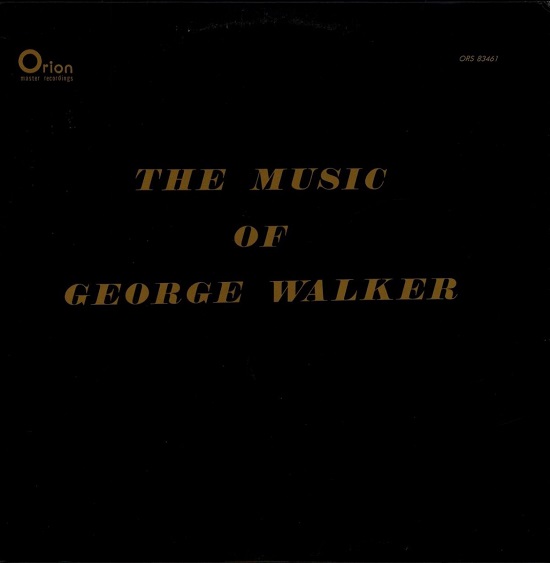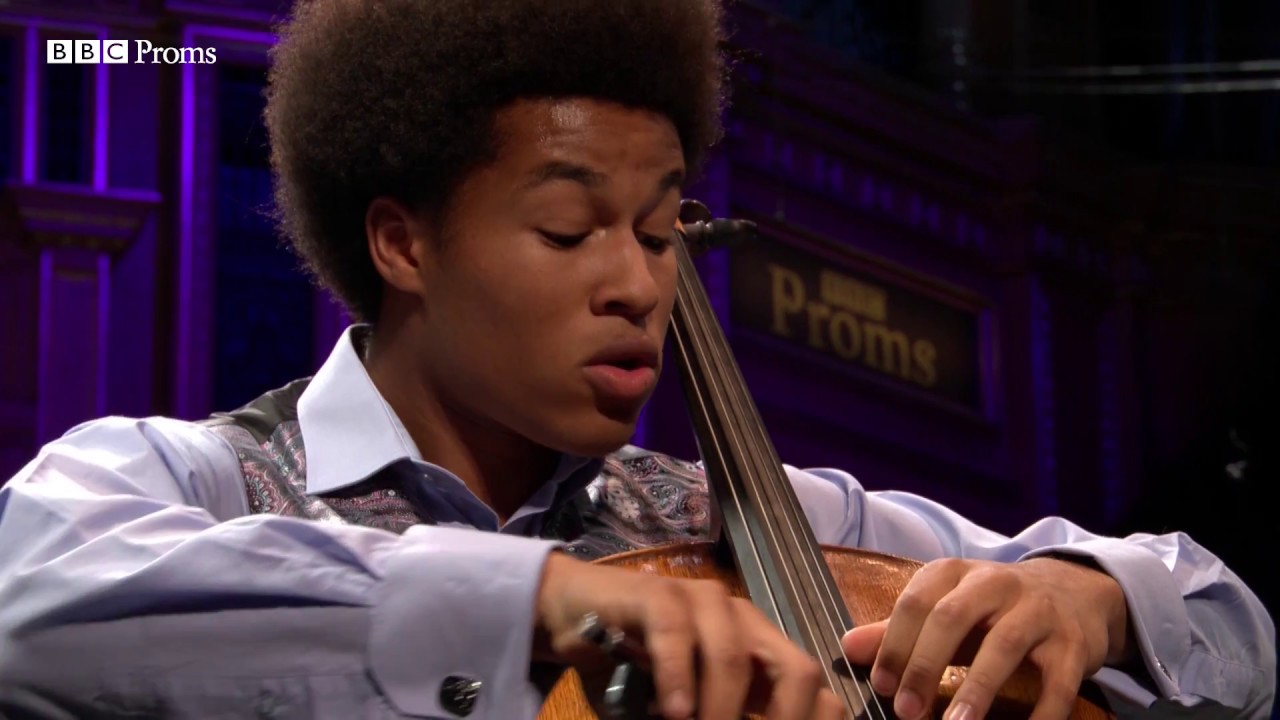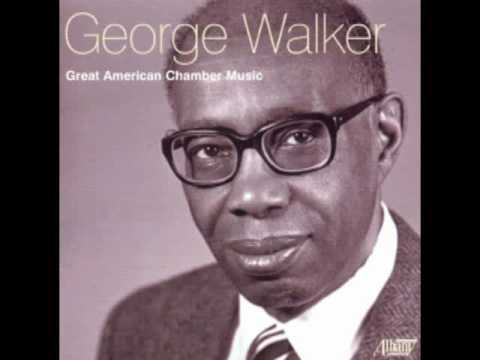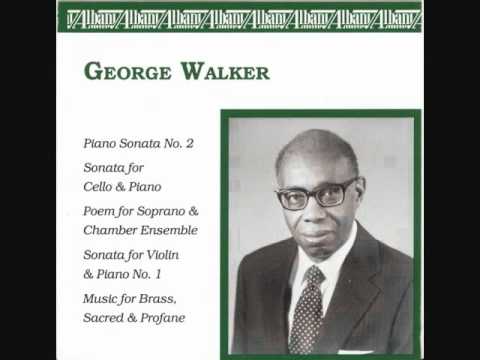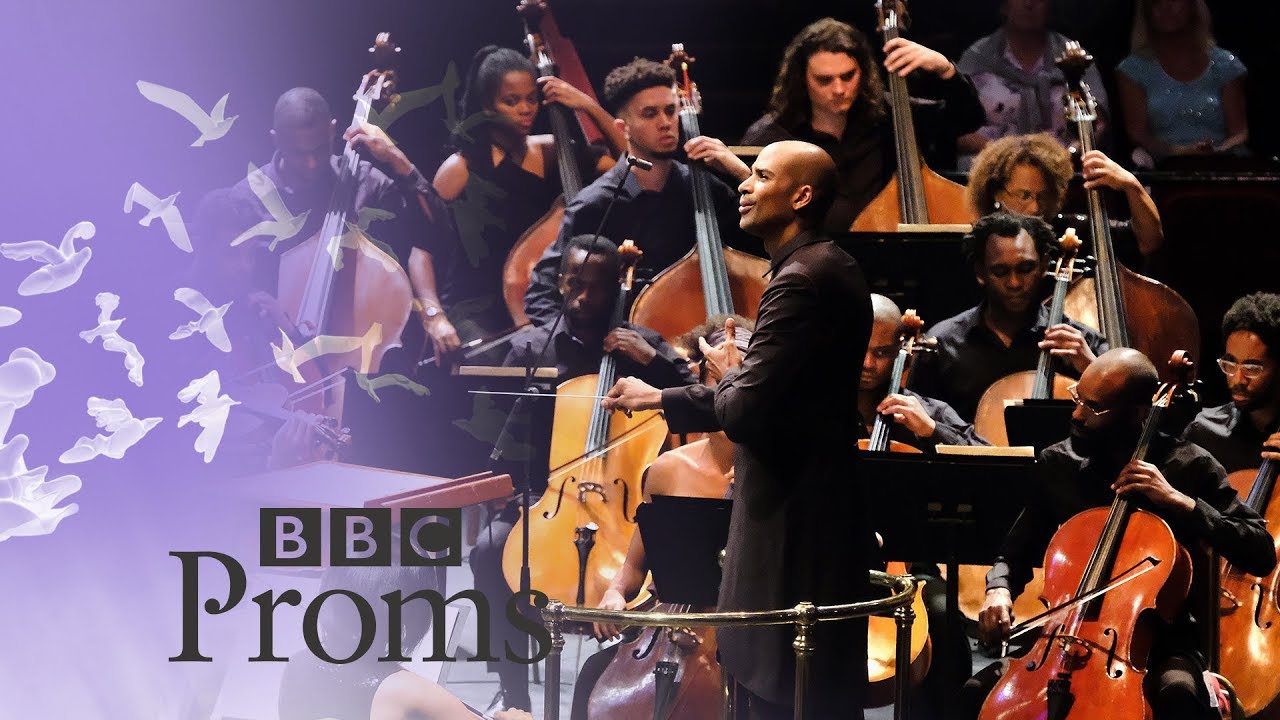This summer, for the second year on the trot, I helped out on the Proms, commissioning a run of articles for online, and writing a few too. I also went to more than 20 of the concerts, but not the Last Night, which I helped cover from the BBC’s offices near Oxford Street.
If people want to dress up like prats and sing patriotic British songs, they’re entirely welcome to. My problem with the Last Night Of The Proms is not that it’s “a postcard from a country that never existed”, as The Guardian’s Aditya Chakrabortty put it, more that it throws a cloak over the rest of the festival, which has nothing to do with Union Jack suits, bobbing-up-and-down dances and waving crap plastic flags. The other 100-odd concerts, which nobody has to pay more than £6 to attend, can be exhilarating, fiery and difficult. And, this year, politics was stirred into the mix – right from the start of the season. The First Night saw Russian-German pianist Igor Levit playing Beethoven’s ‘Ode To Joy’ (the ‘Anthem Of Europe’) as an encore with an EU badge pinned to his jacket; then, two days later, the Argentine-Israeli conductor Daniel Barenboim – a titan of classical music, who, among other things, leads the West-Eastern Divan Orchestra, which includes Israeli and Palestinian musicians – put down his baton and spoke to the Albert Hall, (and the nation – the Prom was televised live, as was Levit’s encore). He didn’t mention Brexit specifically, but he warned the crowd about global “isolationist tendencies”.
The right-leaning press trashed him (and, inevitably, the BBC), claiming the Proms should be politically neutral, but Brexit didn’t end up becoming the biggest story of the festival, despite the best efforts of remain campaigners, who handed out free EU flags to Prommers on the Last Night, royally pissing off Nigel Farage. Instead, a concert came out of leftfield and started to go viral in a way that classical music seldom does.
As recently as 2015, the London-based Chineke! Foundation formed Europe’s first majority black and minority ethnic orchestra and they made their Proms debut on 30 August at a late-night concert featuring as soloists a new super-talent of British music, 18-year-old cellist Sheku Kanneh-Mason, and the brilliant Trinidadian soprano Jeanine De Bique. I went and loved it, but the hall was half empty, which isn’t unusual for Proms that start at 10:15pm. Then, on 8 September – the day before the Last Night – the concert was shown on BBC Four and something started to happen. In fact, just as we were working on the Last Night, we noticed that clips from Chineke! broadcast were beginning to fly on Facebook.
At the time of writing, one of those clips has clocked up 3m views and 68,000 shares. To put that into context, the best non-Chineke! clip on the Proms Facebook page managed around 225,000 views and 1,200 shares. Suddenly, a half-empty Prom from over a week earlier became the breakout story of the festival, and with it important questions were raised – about diversity in classical music and opportunities for black and minority ethnic musicians. On Channel 4 News, Jon Snow challenged Britain’s best-known conductor, Simon Rattle, about his orchestra, the London Symphony Orchestra, saying it was “quite white” and Rattle replied: “Well, of course it is, and almost all of our orchestras are. The people of colour are spread far and wide through orchestras. I’m just hoping that Chineke! is an idea which was way overdue, and we just hope this is the start of a big change. We’re all going to work together over the next years to make sure this happens; to make sure there’s as much variety in our orchestras as there is in the country.”
Cut to a home in Montclair, New Jersey and imagine that composer George Walker had been watching Channel 4 News online that day. What would he have thought of Rattle’s comments? That any commitment to “variety”, however vague, is welcome? That he’s heard such chat before, and nothing ever changes? Or perhaps he would have said to himself in his soft-spoken, exact voice, “All very well, but what about composers of colour?”
At the age of 95, Walker was also making his Proms debut at the Chineke! concert – with a piece, ‘Lyric For Strings’, that he wrote in 1946. A few days before, Chineke!’s leader, double bassist Chi-chi Nwanoku said on Radio 3, “It’s been George’s lifetime dream to have a piece of his performed at the BBC Proms in London.” So why had it taken so long? This, after all, is a man who became the first African-American to win the Pulitzer Prize For Music – in 1996, for ‘Lilacs’, a setting of the 1865 Walt Whitman poem ‘When Lilacs Last in the Dooryard Bloom’d’ – and he’s been a prolific, exemplary writer in his long career. He’s still composing, most recently addressing in his ‘Sinfonia No. 5’ the 2015 Charleston church shooting, about which he said, “The horrific events that occurred there and elsewhere will always remain etched in my imagination.” In July, the piece was recorded in Poland by the Sinfonia Varsovia and will be released on Albany Records in December.
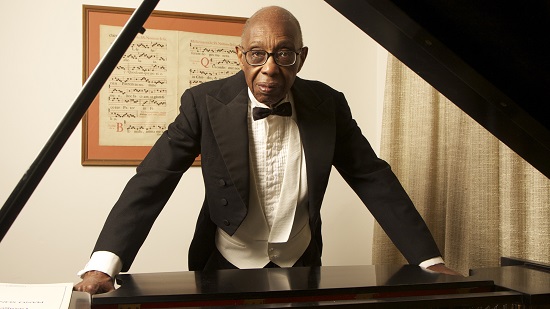
‘Lilacs’ was a commission from the Boston Symphony Orchestra and they premiered it. But to find out about George Walker is to realise that after he won the Pultizer not a single orchestra approached him about giving ‘Lilacs’ a second outing, or performing any other piece he’d written. “It materialised in nothing,” he commented, and the same could be said of his career as a concert pianist, which he was forced out of because, he said in 1991, “There were problems; there were problems in getting management, and when I did get the management, there were the problems of getting enough concerts to sustain a career. But these things are not said. The enemy is out there, but the enemy will never commit himself, or admit to being an enemy.”
Record buffs, you’re going to be hard-pressed to find Walker’s music on vinyl. Between 1974 and 1978, Columbia put out a pioneering nine-volume Black Composers Series, which included two pieces by Walker, and he pops up on other comps from the era with titles like The Black Composer in America. But the only LP I’ve come across dedicated entirely to his music is the subject of this month’s Junk Shop Classical column – an 80s release on a long-gone Californian label, Orion Master Recordings, called The Music Of George Walker (forgive me, I bought it online and not in a charity shop, but it only cost a couple of quid). However, you can find his music all over streaming services these days and a good place to start is with two albums on Albany Records, Orchestral Works and Chamber Music. For Walker playing repertoire pieces on piano, try American Virtuoso, also on Albany.
Walker, who grew up in Washington DC, the son of a doctor and a mother who worked at the Government Printing Office – “a brilliant woman, full of high spirits” – published his autobiography in 2009. Tellingly, it’s titled George Walker: Reminiscences of an American Composer and Pianist. “Ultimately I’d like to be considered as an American composer who is black,” he said in an interview for the Chineke! Prom programme, adding: “I wasn’t really aware I was achieving so many firsts until many years afterwards." On top of being the first African-American to win the Pultizer Prize For Music, he was among the first black students to graduate from the prestigious Curtis Institute Of Music in Philadelphia (the same conservatory that later refused entry to Nina Simone), the first black instrumentalist to perform at New York’s Town Hall, the first black recipient of a doctorate from the Eastman School Of Music, and the first black tenured faculty member at Smith College, Massachusetts. He also toured Europe as a pianist in the 1950s, studied in Paris with the legendary French teacher Nadia Boulanger (sister of Lili, who I covered in a previous column), and it wasn’t like he grew into becoming a great composer, flourishing later in life – the warm and melancholy ‘Lyric For Stings’, which remains his most-performed piece, was written when he was in his mid-20s and still a graduate student at the Curtis Institute.
At the Proms, Chineke! performed ‘Lyrics For Strings’ in its orchestral version, but on The Music Of George Walker it’s played in its original form – as a string quartet. On violin is Gregory Walker – one of George’s two sons (the other, Ian, is a playwright) – and it’s actually very unusual in classical music for a parent and child to have a strong musical relationship. “Gregory can play some of the most-difficult works that I have written with complete control, comprehension and with an intensity lacking in performances of the same works by other fine violinists,” Walker said in 1987, betraying something of his other works, which can be quite unlike ‘Lyric For Strings’. He once described the piece that opens this record – ‘Sonata No. 2 For Piano And Violin’ from 1979 – as “violent”, and about his angular and complex ‘Piano Concerto’, which is one of the two pieces featured on Columbia’s Black Composers Series (the other is ‘Lyric For Strings’), he said: “Adolphus Hailstork, the composer, was in the audience for the premiere of my ‘Piano Concerto’ by the Minneapolis Orchestra. I was amused when he remarked that this was a violent work emanating from such a nice person.”
Walker’s ‘Piano Concerto’ contains a disguised quotation from ‘(In My) Solitude’ by Duke Ellington, who’s also from Washington DC and sent Walker a Christmas card shortly before he died in 1974. In it, he wrote: “God is love.” But you’re going to have to get your musical microscope out to find many obvious references to popular African-American styles in Walker’s music, although he’s used plenty of spirituals and folk songs as source material for works like 1953’s ‘Variations On A Kentucky Folk Song’, which is included on The Music Of George Walker. ‘Piano Sonata No. 2’ – perhaps his second most-famous piece – certainly has a bluesy feel at the beginning, but he always says he writes in the “European tradition”, and, “When I use vernacular references, it’s not overt or in ways that racially tag me.” He cites his influences precisely – mentioning specific works by Stravinsky, Hindemith and Bach, as well as compositions by American composers Aaron Copland, Roy Harris and Samuel Barber, and his own catalogue of 90 published works is impossible to nail down in any clean fashion. If he has an obsession, it’s with not repeating himself, and on this album that’s more than clear. Where ‘Lyric For Strings’ is lush and flowing, ‘Spatials’ from 1961, played by Walker, conforms to Schoenberg’s twelve-tone technique; it’s intellectual and jumpy – firmly in the ‘plinky-plonky’ camp of music that a lot people struggle to get much out of, including me.
“I believe that music is above race,” Walker once said, and his life’s work is a perfect example. He’s gracious about the fact that, aged 95, he remains largely unknown outside of classical-music circles in America and is still the subject of articles declaring him to be “the great American composer you’ve never heard of”, as The Guardian did in 2015. He constantly expresses solidarity with the plight of contemporary composers of all colours – “I’ve always said it’s difficult for any contemporary composer to get music played” – and if he has one ongoing gripe it’s that black composers suffer “tokenism”. As he said in the Proms programme: “There’s tokenism out there, but it’s difficult to sustain anything that comes out of that – you might get one work performed, but trying to get another performed is almost impossible.”
I’ve been listening to George Walker’s incredible music and reading about him continuously since the Chineke! Prom on 30 August. In his own way, I think he’s as iconic and radical as Nina Simone, whose rejection from the same music school that Walker went to is still the subject of debate today. Simone believed she was a victim of racial discrimination and always maintained that she wanted to be a classical musician, rather than entering showbusiness and becoming the High Priestess of Soul. Her voice became her instrument of revolution whereas George speaks through largely instrumental music. But, from a different, more distant corner of music’s boxing ring, he’s been just as noisy – literally, sometimes, in his dissonant and violent works, but also subtly, such as with ‘Lilacs’, his take on a Walt Whitman poem that concerns the assassination of Abraham Lincoln (although it doesn’t mention Lincoln by name). As for his most-recent piece, ‘Sinfonia No. 5’, about the Charleston church shooting – we’ll find out when the recording is released in December. It’s also due to be performed by the National Symphony Orchestra at the beginning of the 2018-19 season.
In 1987, when he was 64, Walker said: “I felt all along that I would possibly get into synch with the world. I was clearly out of synch for a long time. I was ahead of my time as a pianist when the concert managers didn’t want to accept a black pianist. I was writing music that wasn’t performed except by a few people for a long time, and I made an effort to concentrate on getting my music published with no success initially and then little success, and all of a sudden I made the acquaintance of Paul Kapp, a very remarkable man who died a few years ago, and who published the bulk of my music because he believed in it.”
You can’t help but wonder whether, 30 years on from that quote, the world is actually still lagging behind George Walker. As anyone close to classical music will tell you, it’s nearly always miles off the pace. It shouldn’t be a big deal that Walker had a piece performed at the Proms, or that a majority black and minority ethnic orchestra were given their own concert, but in fact it is. And although old age prevented George from making it to the Prom in person, at least he lived to see that dream of his come true.

